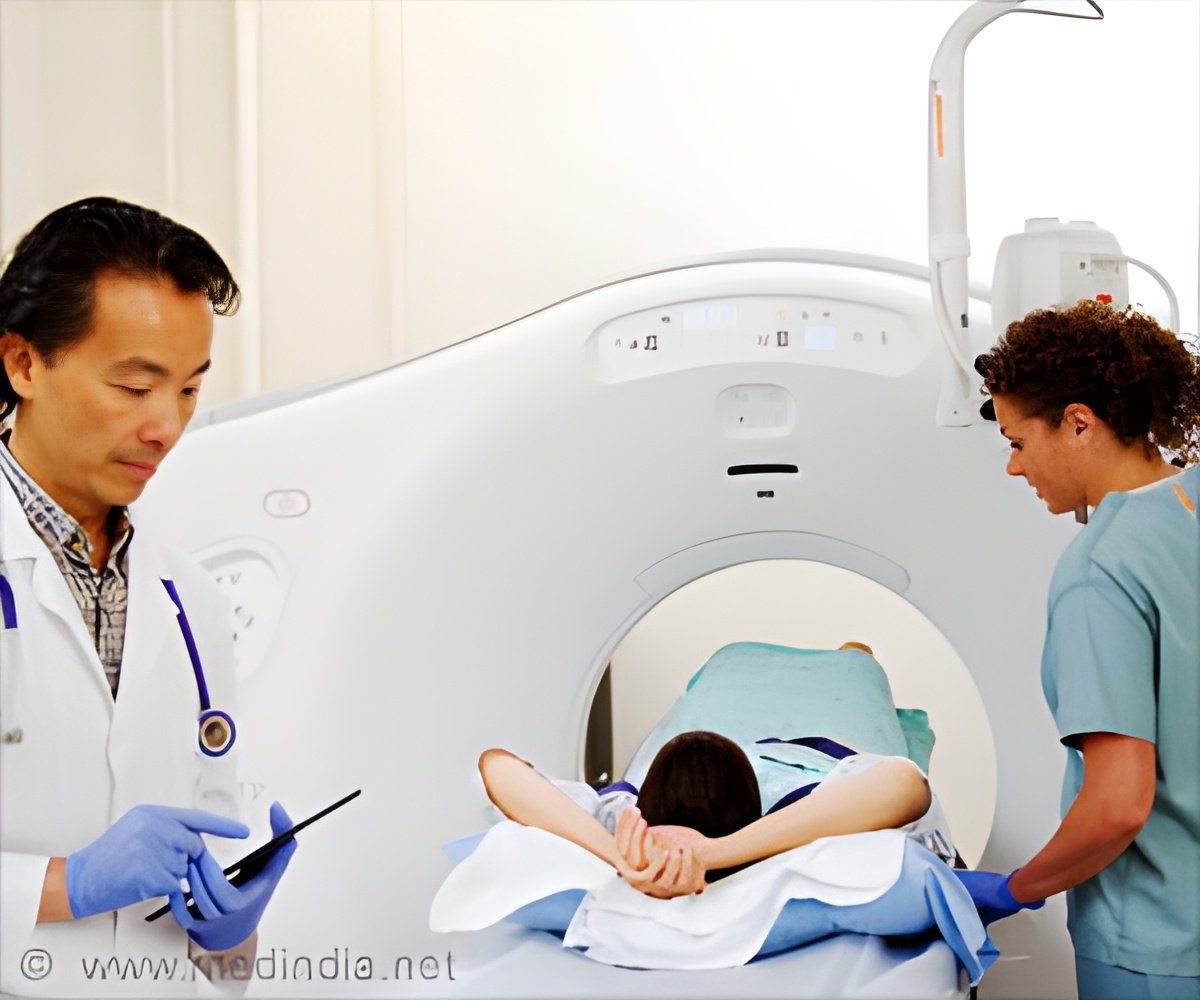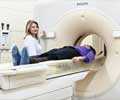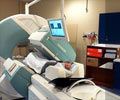Setting more consistent dose standards should therefore be possible and will ensure that patients are not exposed to unnecessary radiation risks.

TOP INSIGHT
Large variation in doses mainly due to how scanners are used by medical staff.
To better understand the factors contributing to this variation, an international research team analysed dose data for over 2 million CT scans from 151 institutions, across seven countries.
They included scans of the abdomen, chest, combined chest and abdomen, and head from 1.7 million adults between November 2015 and August 2017.
They adjusted the data for a range of variables related to the patient (e.g. sex and size), institution (e.g. trauma centre, academic or private), and machine (e.g. manufacturer and model).
The researchers found that most of these factors had only a small effect on dose variation across countries.
Adjusting for institution and machine factors also had little effect on dose variation. However, adjusting for technical factors (how scanners were used by medical staff) substantially reduced or eliminated nearly all the dose variation across countries.
This is an observational study, and as such, can't establish cause, and the researchers point to some limitations that may have influenced the results.
Nevertheless, they say these findings suggest that optimising doses to a consistent standard should be possible. And they call for more education and international collaboration to set benchmarks for optimum target doses.
Source-Eurekalert
 MEDINDIA
MEDINDIA




 Email
Email








